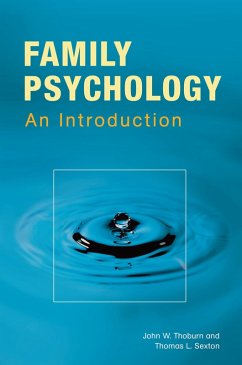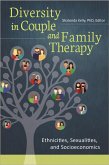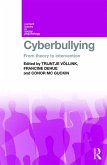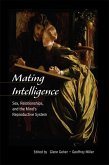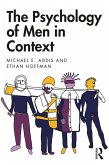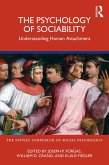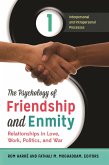This significant book explains why family psychology-an entirely different field from family therapy-provides a cutting-edge description of human behavior in context and as such represents the wave of the future in psychology.
Family Psychology: Theory, Research, and Practice is the definitive introductory text on family psychology, a fast-growing specialty and increasingly dominant voice for the field in the 21st century. Authors John W. Thoburn, PhD, ABPP, and Tom Sexton, PhD, ABPP, have created the first introductory book focused on this specialty, laying the groundwork that students as well as developing therapists can use to understand the basics of family psychology.
This single-volume book makes the history and development of family psychology relevant to contemporary research and practice, explaining how the ecosystemic approach of family psychology provides a cutting-edge description of human behavior in context and as such is the most promising field in psychology. It addresses the history, research, theory, treatments, diagnoses, and assessment of family psychology; ethics and supervision along with related areas such as systems sex therapy; family forensic psychology; international family psychology; and systems consultation, providing a comprehensive overview of the career and practice of family psychology. Family Psychology: Theory, Research, and Practice also identifies how it differs from the individualistic therapy of traditional psychology and how it differs from the field of marriage and family therapy. Chapters include vignettes from family sessions that effectively illustrate the issues being addressed and examine the significance of gender, culture, ethnicity, and sexual orientation.
Family Psychology: Theory, Research, and Practice is the definitive introductory text on family psychology, a fast-growing specialty and increasingly dominant voice for the field in the 21st century. Authors John W. Thoburn, PhD, ABPP, and Tom Sexton, PhD, ABPP, have created the first introductory book focused on this specialty, laying the groundwork that students as well as developing therapists can use to understand the basics of family psychology.
This single-volume book makes the history and development of family psychology relevant to contemporary research and practice, explaining how the ecosystemic approach of family psychology provides a cutting-edge description of human behavior in context and as such is the most promising field in psychology. It addresses the history, research, theory, treatments, diagnoses, and assessment of family psychology; ethics and supervision along with related areas such as systems sex therapy; family forensic psychology; international family psychology; and systems consultation, providing a comprehensive overview of the career and practice of family psychology. Family Psychology: Theory, Research, and Practice also identifies how it differs from the individualistic therapy of traditional psychology and how it differs from the field of marriage and family therapy. Chapters include vignettes from family sessions that effectively illustrate the issues being addressed and examine the significance of gender, culture, ethnicity, and sexual orientation.

